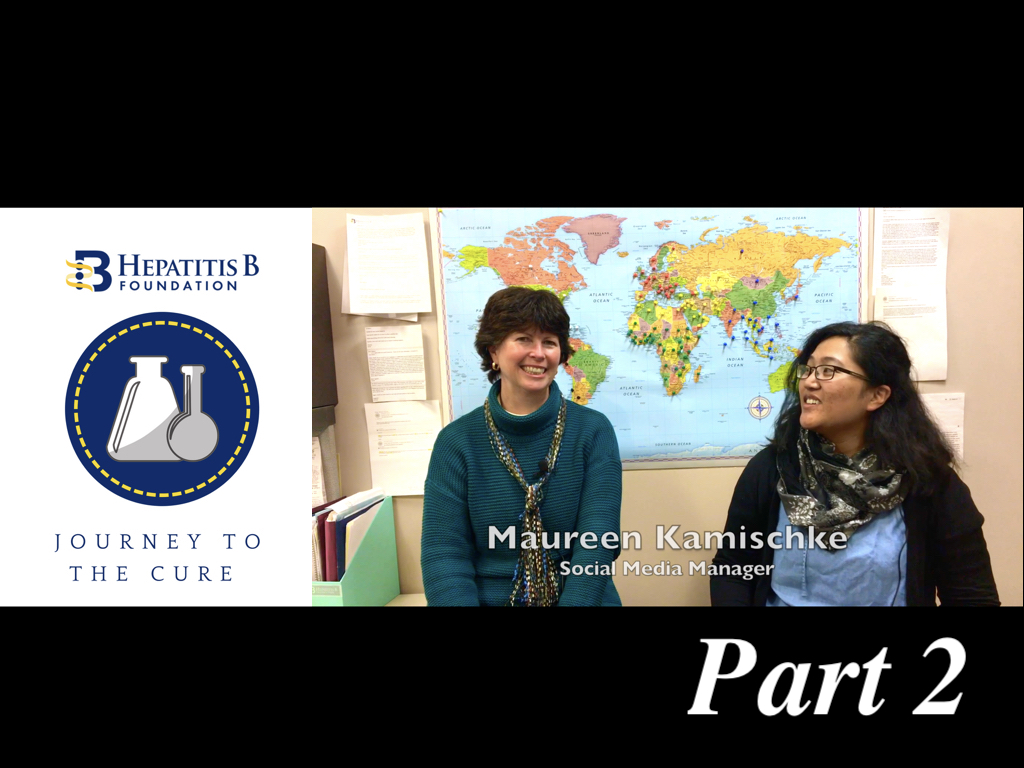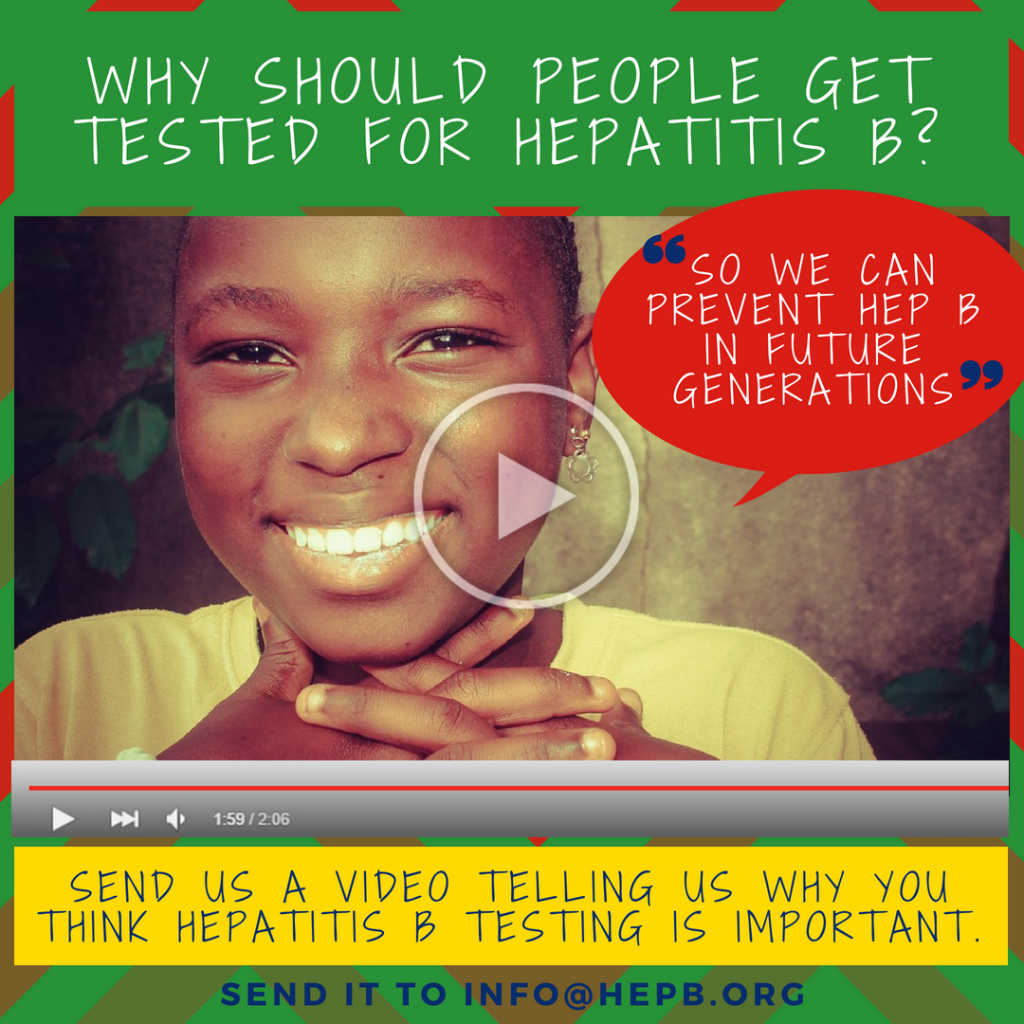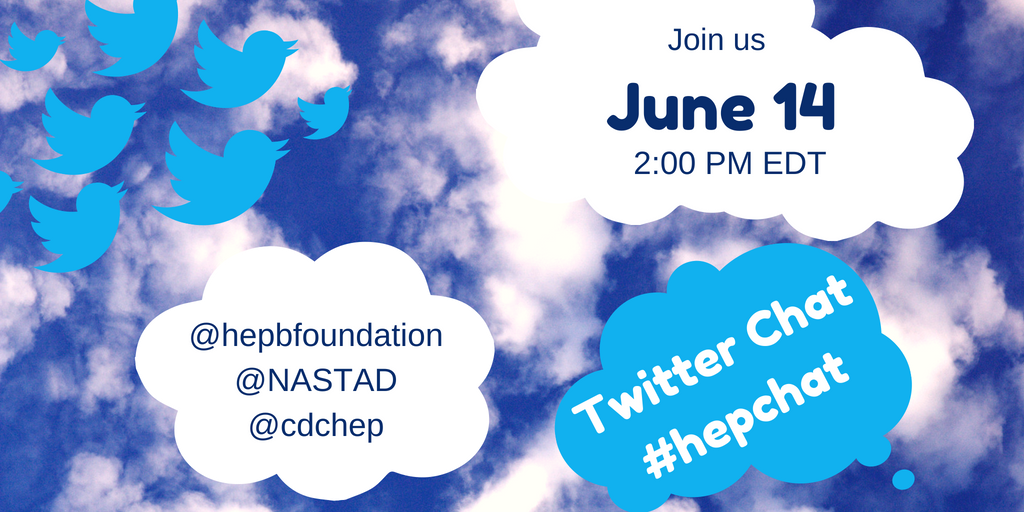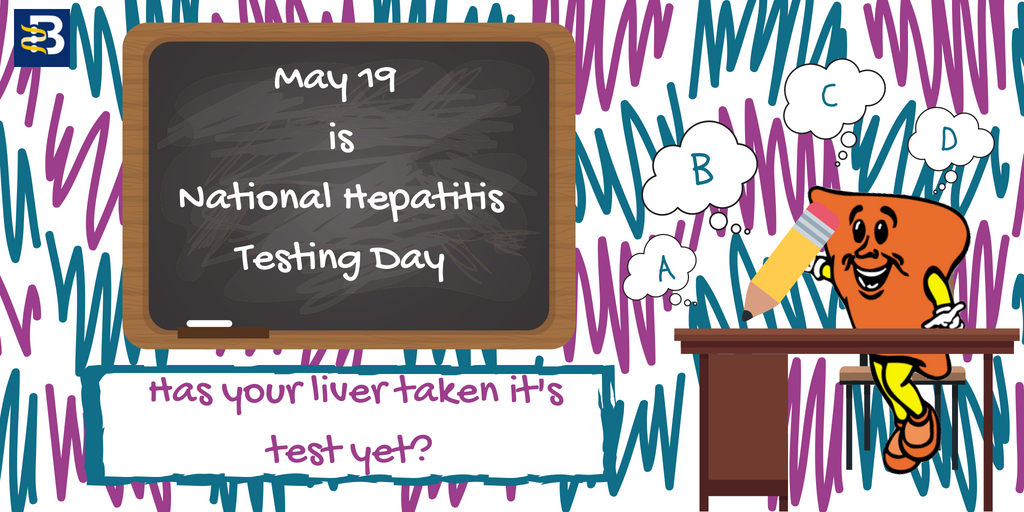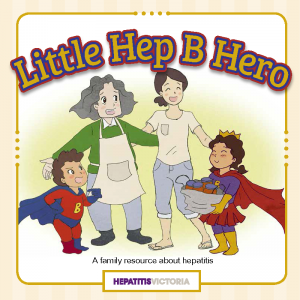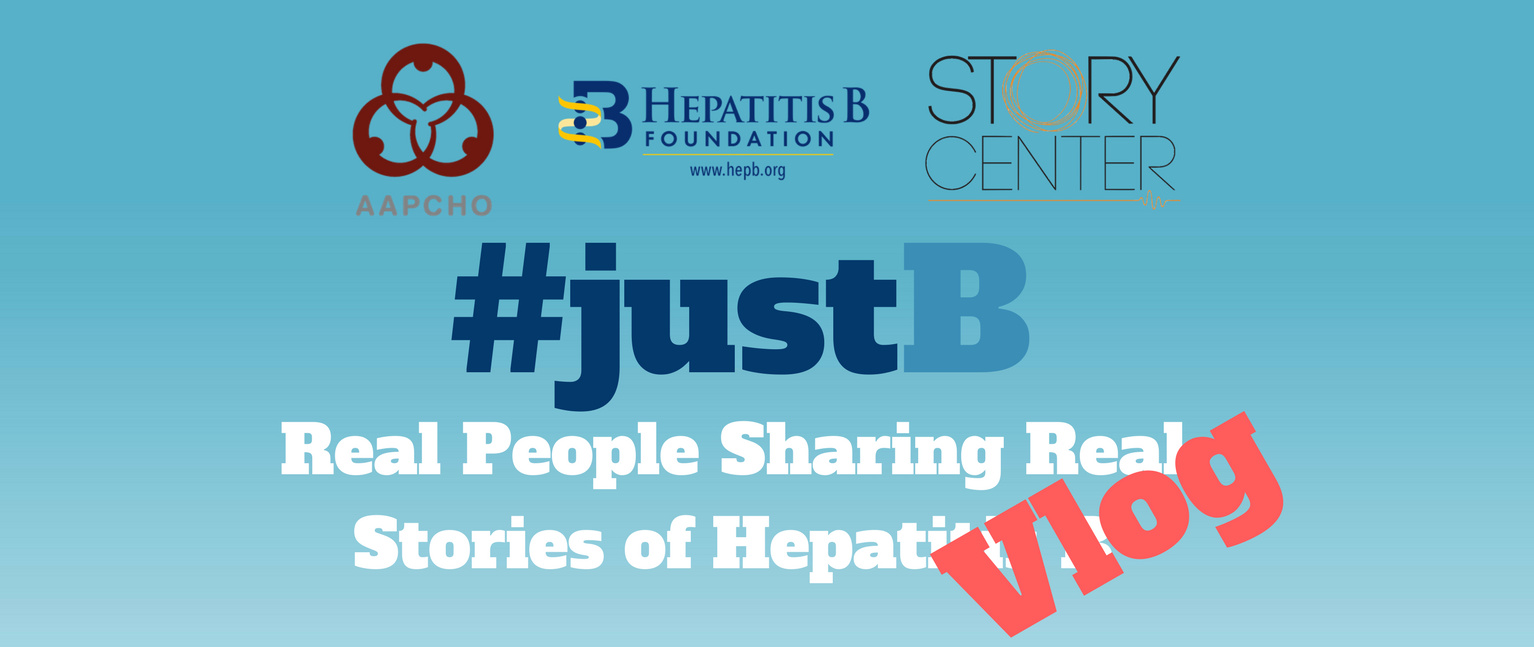 The annual Hep B United Summit, organized by the Hepatitis B Foundation, convenes in Washington D.C. from Wednesday, July 25 through Thursday, July 26. National and local coalition partners, experts, stakeholders, and federal partners will meet to discuss how to increase hepatitis B testing and vaccination and improve access to care and treatment for individuals living with hepatitis B.
The annual Hep B United Summit, organized by the Hepatitis B Foundation, convenes in Washington D.C. from Wednesday, July 25 through Thursday, July 26. National and local coalition partners, experts, stakeholders, and federal partners will meet to discuss how to increase hepatitis B testing and vaccination and improve access to care and treatment for individuals living with hepatitis B.
You can watch many of these sessions on Facebook Live. You can also follow the conversation at the Summit on Twitter with #Hepbunite!
Facebook Live is live video streaming available to all Pages and profiles on Facebook. Check out the agenda below and go to the HepBUnited Facebook Page to view the live broadcast. Some breakout sessions may be broadcast from the Hepatitis B Foundation Facebook Page. Sessions will also be available following the broadcast for those who are not able to join us live.
Here are the details on the sessions that will be broadcast on Hep B United’s Facebook Live unless noted otherwise:
Day 1 – Wednesday July 25:
8:30 – 9:00 AM: Welcome and Introductions
Tim Block, PhD, President & Co-founder, Hepatitis B Foundation and Baruch S. Blumberg Institute
Chari Cohen DrPH, MPH, Co-Chair, Vice President for Public Health and Programs, Hepatitis B Foundation
Jeff Caballero, MPH, Co-Chair, Hep B United and Executive Director, Association of Asian Pacific Community Health Organizations (AAPCHO)
9:00 AM: Applying a Health Equity Lens to Eliminating Hepatitis B
Tamara Henry, Ed.D., Teaching Assistant Professor, Prevention and Community Health, he George Washington University Milken Institute School of Public Health
9:30 AM: Hep B United Coalition: Year-in-Review
Jacqueline Coleman, MEd, MSM, BA, CPC, Facilitator, Vision Que!, LLC Kate Moraras, MPH, Director, Hep B United and Senior Program Director, Hepatitis B Foundation
11:15 AM: Know Hepatitis B Campaign and Expansion to African Immigrants
Cynthia Jorgensen, DrPH, Team Lead and Sherry Chen, MPH, CHES, Health Scientist, Division of Viral Hepatitis, Centers for Disease Control and Prevention (CDC)
Sierra Pellechio, BS, CHES, Health Outreach Coordinator, Hepatitis B Foundation
1:00 PM: Federal-Community Partnership to Eliminate Hepatitis B
Moderator: Chari Cohen
Panelists:
Matthew Lin, MD, Deputy Assistant Secretary for Minority Health, HHS Office of Minority Health
Corinna Dan, RN, MPH, Viral Hepatitis Policy Advisor, HHS Office on HIV/AIDS and Infectious Disease Policy
Paul J. Wiedle, PharmD, MPH, CAPT USPHS, Acting Director, Division of Viral Hepatitis, CDC National Center for HIV, Viral Hepatitis, STD, and TB Prevention
Sarah F. Schillie, MD, MPH, Division of Viral Hepatitis, CDC National Center for HIV, Viral Hepatitis, STD, and TB Prevention
Nancy Fenlon, RN, MS, Public Health Advisor, Immunization Services Division, CDC National Center for Immunization and Respiratory Diseases
Judith Steinberg, MD, MPH, Chief Medical Officer, Bureau of Primary Health Care, Health Resources and Services Administration (HRSA)
2:30 PM – 3:45 PM: BREAKOUT SESSIONS I
Preventing Perinatal Hepatitis B Transmission
Moderator: Amy Tang, MD, Hepatitis B Program Director, Charles B. Wang Community Health Center
Panelists:
Ruth Brogden, Center for Asian Health at Saint Barnabas Medical Center/New Jersey Hep B Coalition
Janice Lyu, MS, Charles B. Wang Community Health Center
Liz Tang, LMSW, New York City Department of Health & Mental Hygiene
Combating Hepatitis B-Related Stigma and Discrimination (Hepatitis B Foundation Facebook Live)
Moderators: Nadine Shiroma, Policy Advisor, Hepatitis B Foundation and Rita Kuwahara, MD, MIH, Hepatitis B Policy Fellow, AAPCHO
4:00 PM – 5:00 PM: BREAKOUT SESSIONS II
Expanding Hepatitis B Screening to Other High-Risk Communities
Moderator: Arman Altug, Hepatitis Education Project (HEP)
Panelists:
Jack Hildick-Smith, Philadelphia Department of Public Health
Thaddeus Pham, Hep Free Hawaii/Hawaii Department of Health
Discuss strategies in reaching new partners to increase hepatitis B screening, vaccination and linkage to care.
Developing Innovative Practices in Hepatitis B Education and Screening (Hepatitis B Foundation Facebook Live)
Moderator: Catherine Freeland, MPH, Public Health Program Manager, Hepatitis B Foundation
Panelists:
Brandi Dobbs, FNP-BC, CNS-CH,Asian Services in Action, Inc.
Karen Jiobu, Asian American Community Services
Layal Rabat, MA,Asian Pacific Community in Action
Xuan Phan, Mercy Housing and Human Development
Share results from the Hep B United Mini Grants Program.
Day 2 – Thursday July 26
9:00 AM: Improving Access to Hepatitis B Treatment
Wayne Turner, Senior Attorney National Health Law Program (NHeLP)
Sierra Pellechio, BS, CHES, Health Outreach Coordinator, Hepatitis B Foundation
Lauren Su, Hepatitis B Foundation
10:30 AM: Increasing Provider Knowledge about Hepatitis B
Richard Andrews, MD, MPH, Co-Chair, National Task Force on Hepatitis B MPH, and Medical Director, HOPE Clinic
Amy Tang, MD, MPH, Co-Chair, National Task Force on Hepatitis B and Hepatitis B Program Director, Charles B. Wang Community Health Center
1:30 PM: Achieving Health Equity to Eliminate Hepatitis B
Facilitator: Cynthia Jorgensen
Not able to join the sessions with Facebook Live? Follow the conversation on Twitter using the #Hepbunite hashtag. Follow the events, retweet and engage with event attendees and help us raise hepatitis B awareness in the U.S. and around the globe.
World Hepatitis Day is July 28th, and this Summit is a terrific opportunity to share with the world what we’re doing to help those living with hepatitis B in our communities. Other popular hashtags for World Hepatitis Day, and to raise hepatitis B awareness, include: #NOhep, #KnowHepB, #WorldHepatitisDay, #WorldHepDay, #WHD2018, #FindTheMissingMillions #hepatitis, #hepatitisB, #HBV, #hepB, #justB. Connect with, follow and engage with fellow partners and advocates on twitter to keep the hep B conversation going during the Hep B United Summit, World Hepatitis Day events, and beyond.
Check out: @AAPCHOtweets, @AAHC_HOPEclinic, @AAHI_Info, @AAPInews, @apcaaz, @APIAHF, @ASIAOHIO, @CBWCHC, @cdchep, @cpacs, @HBIDC, @HBIMN15, @HepBFoundation, @HepBpolicy, @HepBProject, @HepBUnited, @HepBUnitedPhila, @HepEduProject, @HepFreeHawaii, @HHS_ViralHep, @MinorityHealth, @njhepb, @NVHR1, @nycHepB, @NYU_CSAAH, @sfhepbfree, @supportichs @wahainitiative @jlccrum
Missing from the list? Contact the Foundation at info@hepb.org to be added.
Don’t forget to join the World Hepatitis Alliance’s #FindtheMissingMillions Thunderclap to encourage people to get tested on World Hepatitis Day. Participate in the Hepatitis B Foundations World Hepatitis Day video and tell the world why you think people should be tested for hepatitis B.
Still have questions? Email us at info@hepb.org and we’ll help you get started!
Visit the Hep B United and Hepatitis B Foundation websites for more information about hepatitis B and related programs.


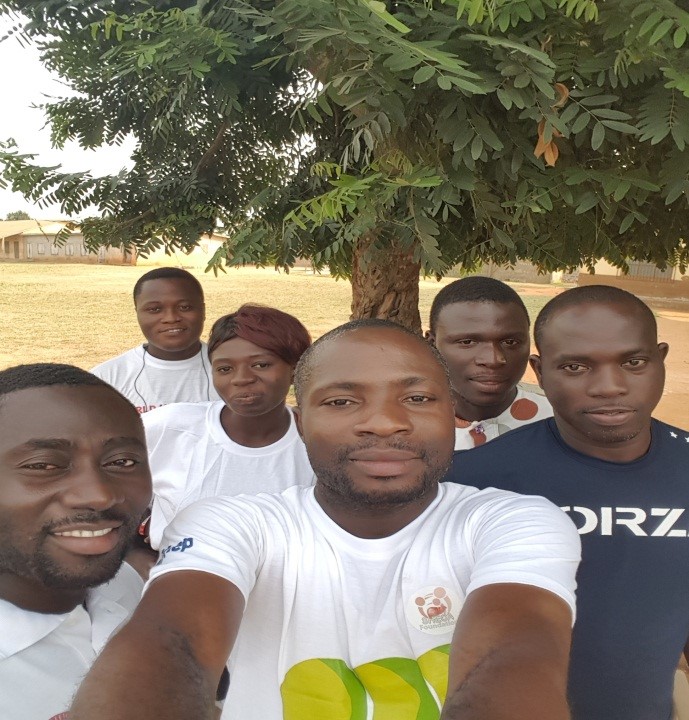
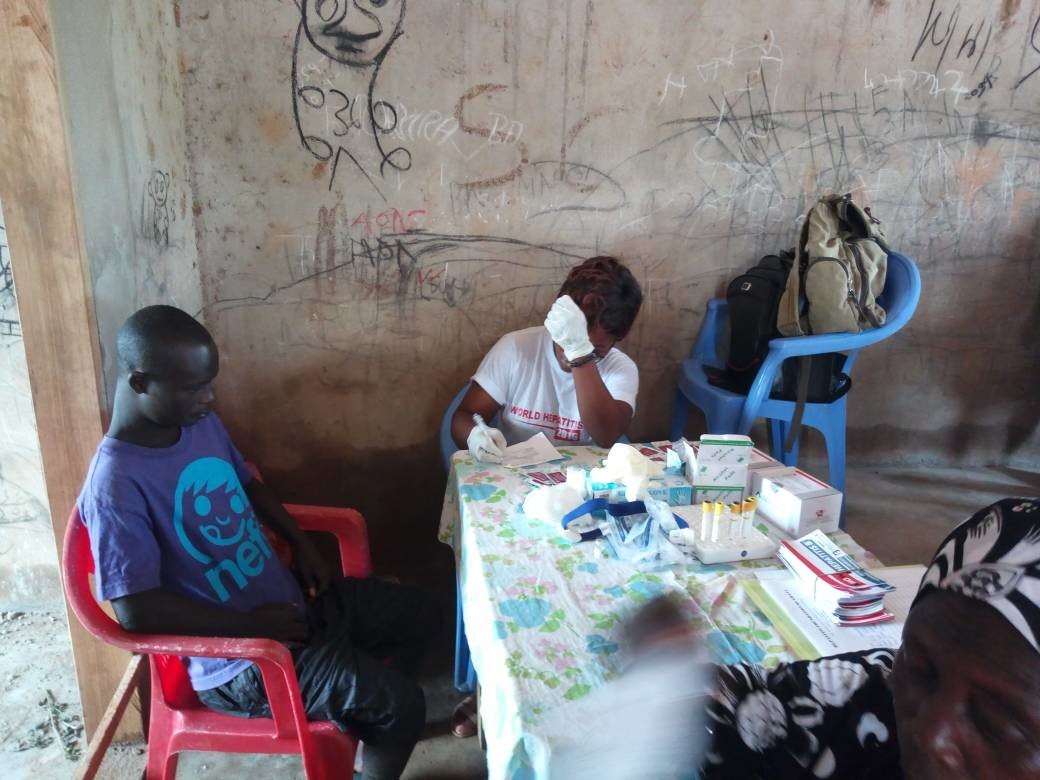
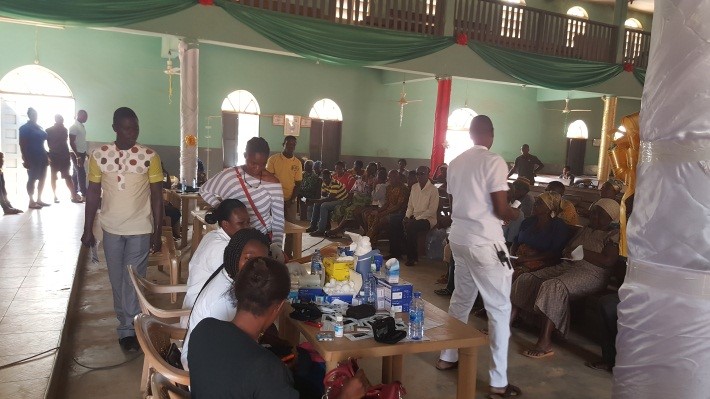 Hepatitis B free screening and education were held at Ketu South, a community in the Volta region. A total of 244 persons were screened for hepatitis B. In all, 6 people tested positive. They were counselled and referred to the district hospital for proper care and treatment.
Hepatitis B free screening and education were held at Ketu South, a community in the Volta region. A total of 244 persons were screened for hepatitis B. In all, 6 people tested positive. They were counselled and referred to the district hospital for proper care and treatment.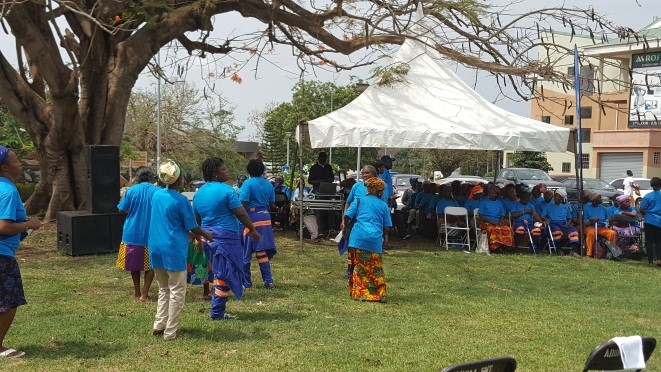
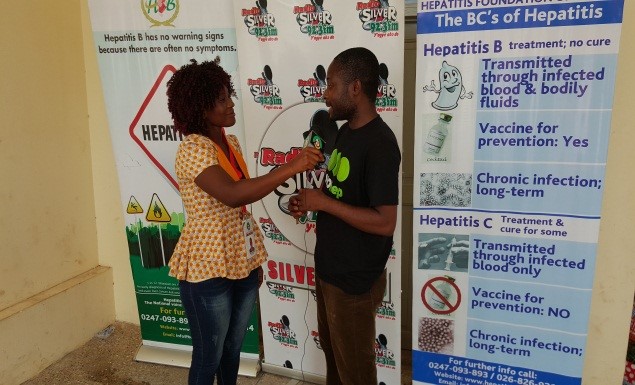 This special event began with a health walk through the streets in the Sekondi Komfoase area and followed with a hepatitis health talk and screening. Most of the people were afraid to come and do the hepatitis B and C tests because of some common perceptions on the radio and TV. I was able to share my family story with them, and that helped some of them come forward to do the test. The screening continued the next day at Home Church in Takoradi. Overcoming misperceptions about hepatitis B is very challenging – but we were able to screen179 persons, and are following up with all of those who tested positive.
This special event began with a health walk through the streets in the Sekondi Komfoase area and followed with a hepatitis health talk and screening. Most of the people were afraid to come and do the hepatitis B and C tests because of some common perceptions on the radio and TV. I was able to share my family story with them, and that helped some of them come forward to do the test. The screening continued the next day at Home Church in Takoradi. Overcoming misperceptions about hepatitis B is very challenging – but we were able to screen179 persons, and are following up with all of those who tested positive.